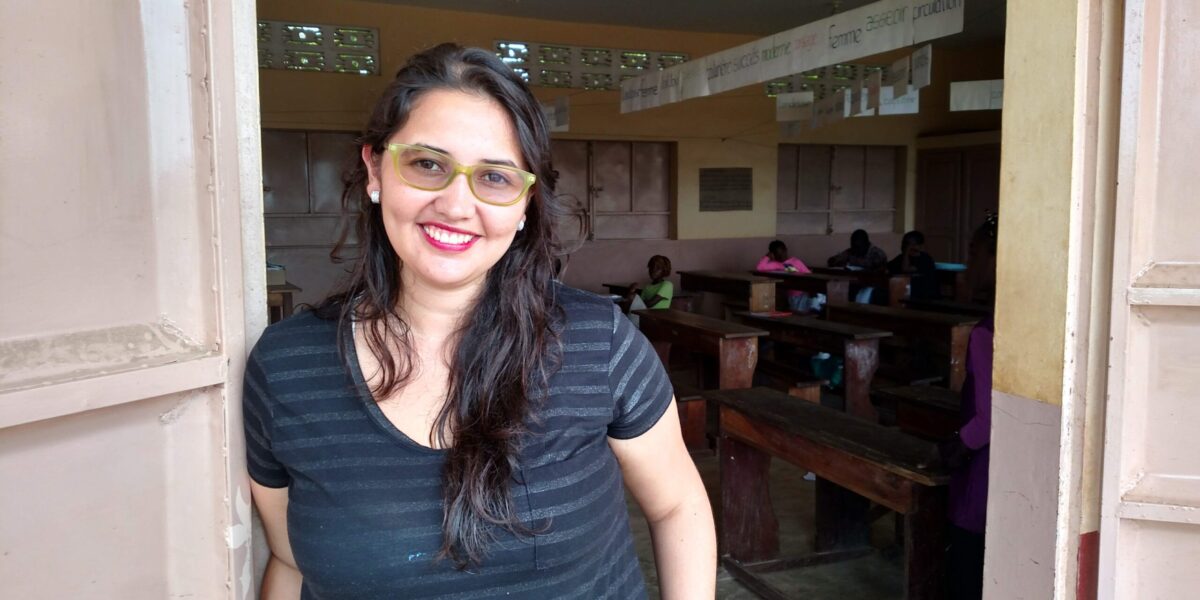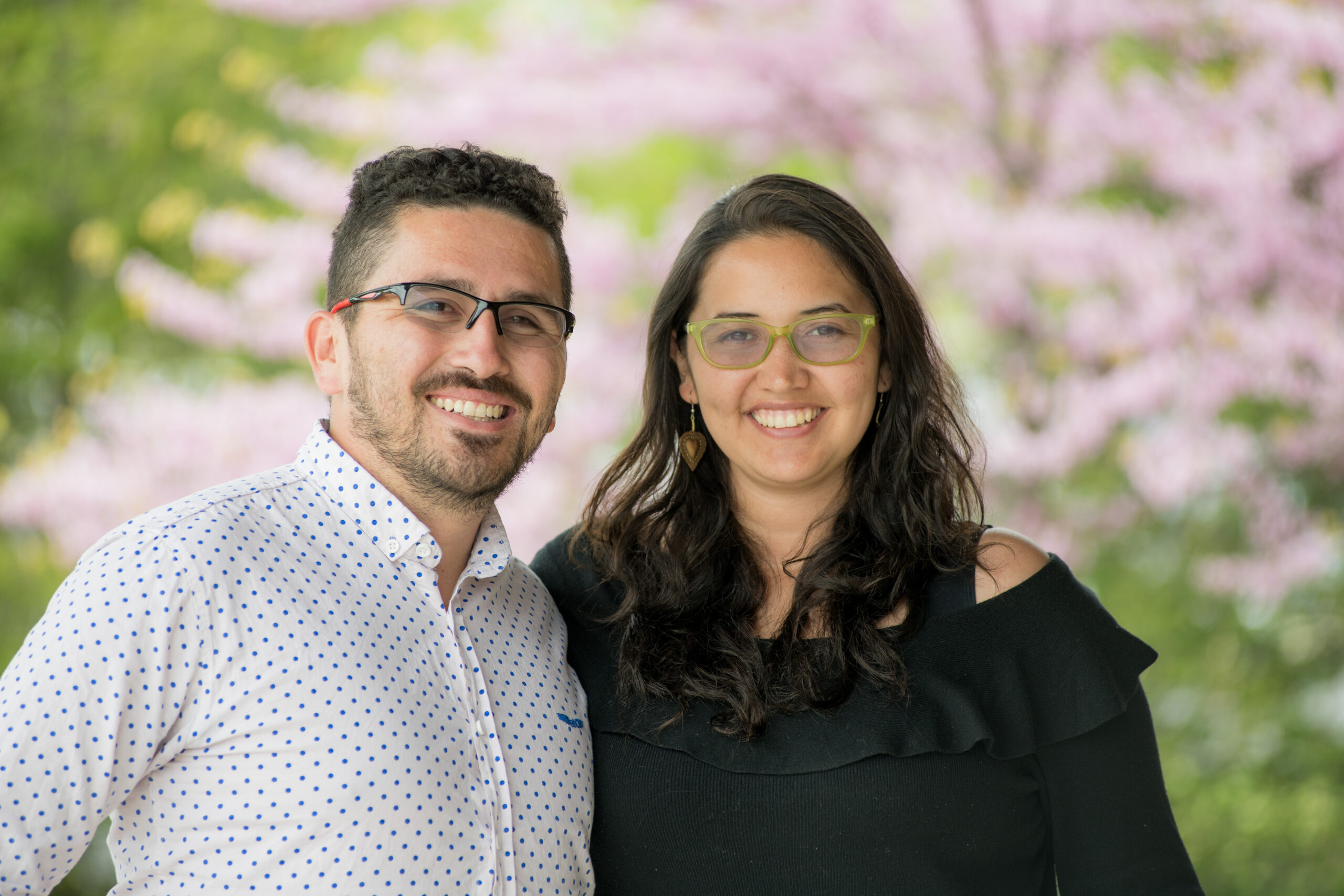Diana Cruz created a Language Laboratory at Les Leaders, a school located on the La Casa Grande compound in Benin. The Language Laboratory encourages experiential learning and enables students of all ages to follow their curiosity.
Benin’s government acted early to prevent the spread of COVID-19 by enforcing an isolation policy. However, staying home is a luxury that few can afford in a country where people live day-to-day. They must daily make the choice between risking exposure to the novel coronavirus and living with hunger. In June, after two months of quarantine, many aspects of life resumed. Soon after, COVID-19 cases began increasing rapidly.
For me and my husband, Felipe, this season requires walking a thin line between fear and faith, hope and restlessness, the nostalgia of our loved ones and the effort to honor the present. It is emotionally exhausting. Long before the pandemic, both Colombia, our birth country, and Benin already lived on the edge. The pandemic has sharpened many pre-existing socio-economic realities in both countries. We sometimes feel frustrated and question the meaning of life and mission.
Yet despite all the upheaval, life is still almost normal for us in Allada. During the government-mandated quarantine, I stayed home because Les Leaders, La Casa Grande’s school, was closed. The high schools reopened for a month to bring closure to the school year. It was nice to see the students again.
For the past decade, Benin has faced enormous challenges in education — improving access and quality, and better adaptation to students’ socio-economic difficulties that make staying in the school system difficult. Despite all this, the adult literacy rate for Benin in 2018 was 42.4 percent.
In such a context, Les Leaders is a beacon of hope. It started as a little primary school. By adding classes each year, it has reached the middle-school level. This local community has imagined, built, and sustained the school with collaboration of some foreign organizations, including Mennonite Mission Network.
For the past two years, I have been teaching Spanish and English at the primary and secondary levels. I had culture shock when I first encountered the Beninese educational model. But I’m learning to find balance in looking graciously at practices I may not understand or agree with and introducing new concepts.
Allies from around the world — friends, brothers and sisters in the faith, former teachers, colleagues, writers, Felipe — have helped me recover from disappointment when my innovations don’t work. Along with their encouragement, some questions that serve me as guides are:
- What can I do while acknowledging the path that others have already built? What valuable elements can I learn and adopt from my colleagues and students?
- What seeds of transformation do I have to contribute from my experience as a teacher, a young Latin American woman, and as an Anabaptist?
- How do I daily transform my own educational practices so that they promote a liberating education?
- How do I share my perspectives without imposing them?
- How do I implement all the above, while preparing students to have good test results in a system where this is the goal?
- Do I really want to be a teacher?
These questions have birthed exciting new realities. One of these is the Language Laboratory at Les Leaders school. This is a flexible space equipped with tools so that teachers and students can find different ways to approach knowledge. Tables and chairs can be arranged to favor group work. There are computers, a projector and sound system, and a small library of foreign-language materials — a place where learning and teaching can be enjoyed.
 Vianney and Elihu, children of the La Casa Grande family, work together in the Language Laboratory in Benin. Photo by Felipe Preciado.
Vianney and Elihu, children of the La Casa Grande family, work together in the Language Laboratory in Benin. Photo by Felipe Preciado.
I hope that teachers can discover other skills and continue their training in the Language Laboratory, and that we can offer courses to the wider community when school isn’t in session. And while I’m dreaming big, why shouldn’t I hope that other school subjects can someday have their own laboratories to encourage experiential learning?
I think of the Language Laboratory as a sanctuary in the broadest sense of the word, a refuge where students find a safe, non-intimidating place to learn. I want it to be a place where everyone who enters is invited to learn and unlearn, a window to see other worlds and other ways of relating, of being, of doing. It is a laboratory and workshop, a place to create and experience the world we dream of. This is a place of transformation for both me and those who pass through it. It is a place that, like me, has changed as time has passed and still has many possibilities for growth: a tiny corner in a little school in a rural area of a West African country where another world is possible.








